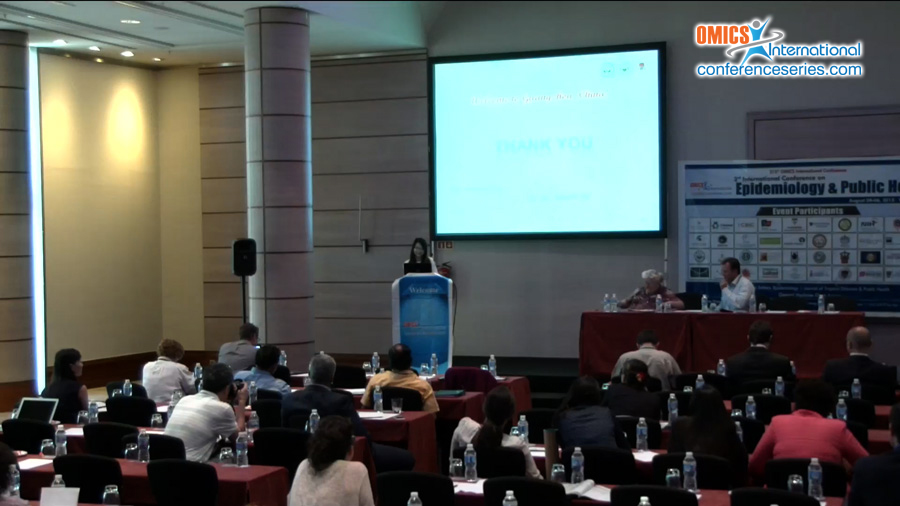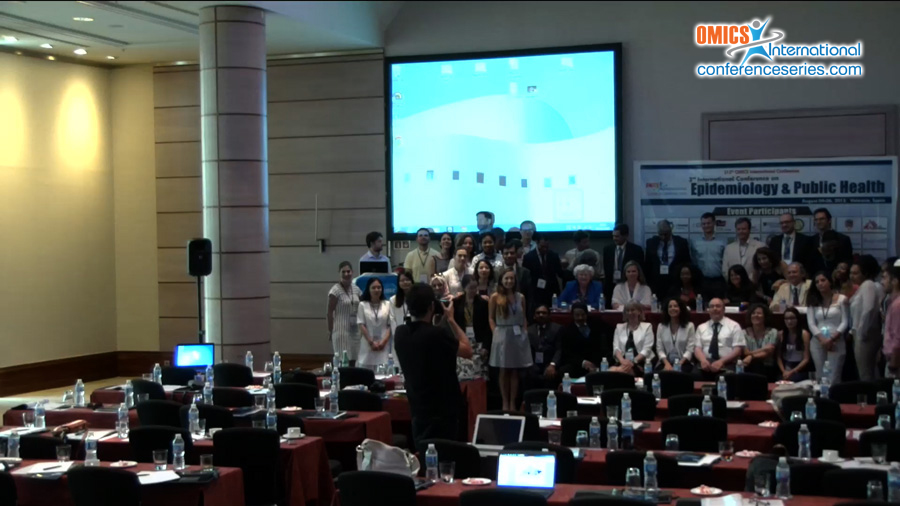
Yuan Ma
Peking University School of Public Health, China
Title: Salt sales survey: a simplified, cost-effective method to evaluate population salt reduction programmes-a cluster randomised trial
Biography
Biography: Yuan Ma
Abstract
Background The 24h urine collection, as a gold standard method to measure salt intake, is costly and resource-consuming, hence limiting its use in monitoring population salt reduction programmes. Our study aimed to determine whether a salt sales survey could serve as an alternative. Methods We carried out a sub-study of China Rural Health Initiative Sodium Reduction Study (CRHI-SRS), where 120 villages were randomly allocated (1:1:2) to PS+HE (Price Subsidy + Health Education) intervention, HE (Health Education) intervention and control, with salt substitute(SS) supplied to shops in the intervention groups. 24h urine from 2567 randomly selected adults was collected at the end of the trial. In this sub-study, ten villages were randomly selected from each group (i.e. 30 villages in total) and 166 shops from these villages were invited for the monthly salt sales survey. Results The results showed that during the intervention period, mean daily sales of SS per shop were significantly different among three groups (PS+HE=1.3 kg> HE =0.6kg >control=0.1kg, all P<0.05). The pattern of differences was in line with that for 24h urine sodium and potassium. The intervention effect estimated from SS sales was 114% of that estimated from 24h urine for potassium and was 101% for sodium. Furthermore, the salt sales survey cost only 14% of that for 24h urine and had greater statistical power. Conclusions The results indicate that a salt sales survey could serve as a simple, sensitive and cost-effective method to evaluate community-based salt reduction programmes where salt is mainly added by the consumers.
Speaker Presentations
Speaker PDFs
Speaker PPTs Click Here


